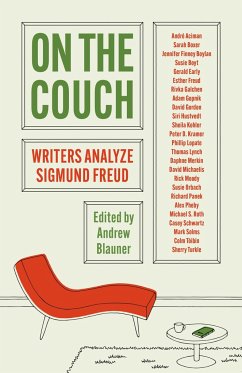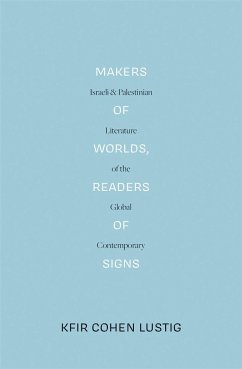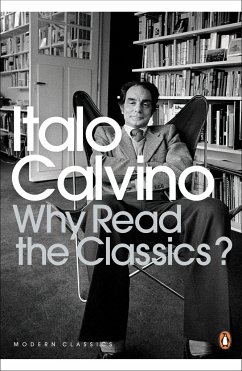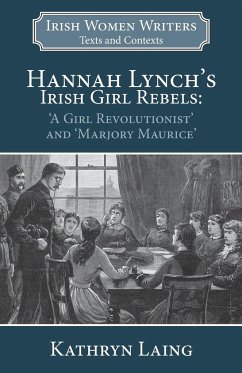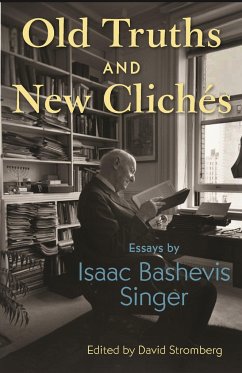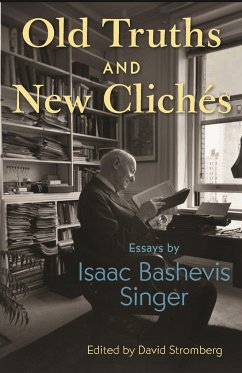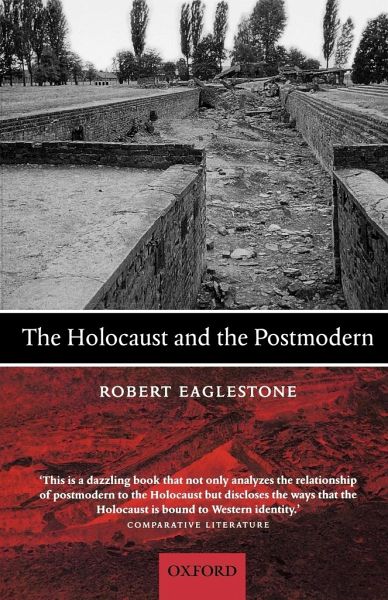
The Holocaust and the Postmodern
Versandkostenfrei!
Versandfertig in 1-2 Wochen
60,99 €
inkl. MwSt.

PAYBACK Punkte
30 °P sammeln!
Robert Eaglestone argues that postmodernism is a response to the Holocaust. He offers a range of new perspectives, including new ways of looking at testimony and at recent Holocaust fiction; explores controversies in Holocaust history; looks at the importance of the Holocaust for recent philosophy; and asks what the Holocaust means for reason, ethics, and for being human.



